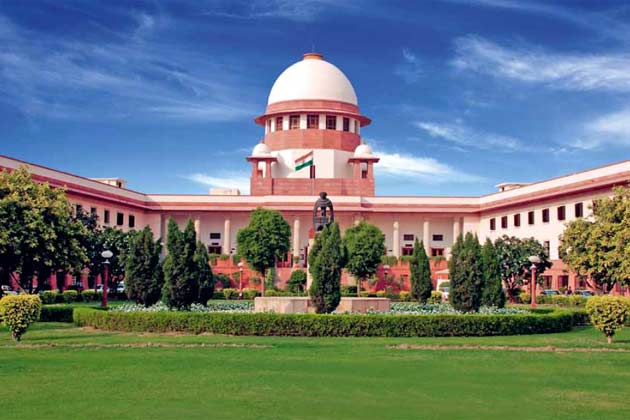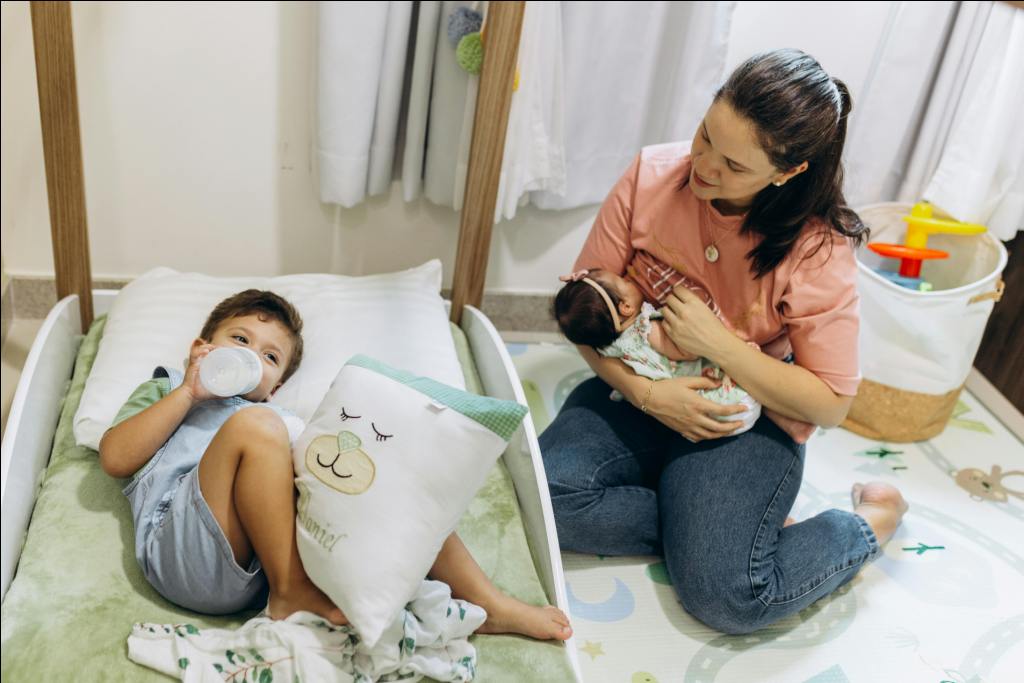In a move prioritising inclusion, the Supreme Court of India has said that denying child-care leaves to a mother, who is taking care of a child with disabilities, would violate the constitutional duty of the State to ensure equal participation of women in the workforce. A bench comprising Chief Justice of India D Y Chandrachud and Justice J B Pardiwala said this earlier this week while hearing a petition seeking grant of child-care leave (CCL) to the petitioner, who is an assistant professor of Geography in Himachal Pradesh.
Observing that the petition has raised a “serious” issue, the Supreme Court (SC) said that “Participation of women in the workforce is not a matter of privilege but a constitutional requirement of which, the State as a model employer cannot be oblivious”. The apex court also directed the state authorities to consider the plea by the petitioner, who is a mother.
The court passed the ruling when the petitioner was denied leave to take care of her son, who suffers from certain genetic disorders since birth, because she had exhausted all her sanctioned leaves.
State Govt asked to revise CCL Policy
The state government has been directed by the Supreme Court to revise its policy on child-care leave (CCL) in order to make it consistent with the Rights of Persons with Disabilities Act, 2016.
“Ultimately, the plea does entrench on areas of policy and areas of State policy must be synchronous with constitutional safeguards. We direct the State of Himachal Pradesh to reconsider CCL to mothers consistent with the RPWD Act for mothers who are bringing up mothers of children with special needs,” CJI D Y Chandrachud said.



